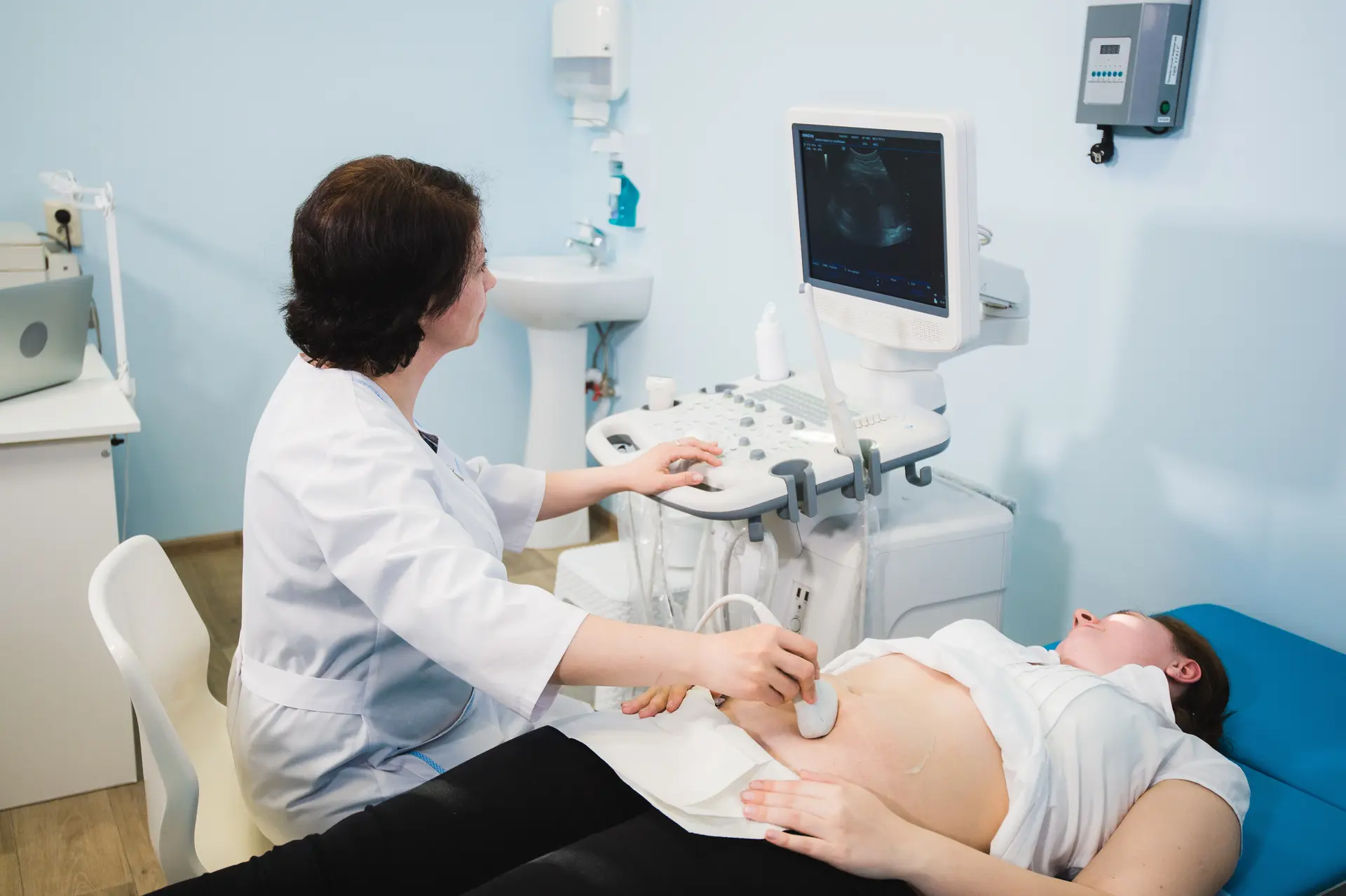Key Early Warning Signs of Ovarian Cancer To Look Out For
Ovarian cancer is often referred to as the “silent killer” of female reproductive cancer. Unlike cervical cancer, which has an established screening programme, ovarian cancer remains difficult to detect in its early stages. This difficulty lies in the fact that the early signs of ovarian cancer are often vague, subtle and easily mistaken for far more common ailments such as irritable bowel syndrome (IBS), urinary tract infections or general digestive discomfort.
This ambiguity is one of the reasons why so many cases go undiagnosed until the disease has progressed to more advanced stages. However, understanding and recognising early patterns in the symptoms of ovarian cancer in women can lead to earlier diagnosis, better treatment outcomes and potentially lifesaving interventions.
Table of Contents
- Symptoms That Shouldn’t Be Ignored
- Understanding Progression and Spread
- Risk Factors and When to Seek Help
- The Physical and Emotional Impact
- Listening to the Body and Trusting Instincts
- Living with Undiagnosed Ovarian Cancer
- Why Awareness Matters
Symptoms That Shouldn’t Be Ignored
Most women will experience occasional bloating or abdominal discomfort at some point, but with ovarian cancer symptoms, the key differentiator is persistence. Symptoms that occur more than 12 times in a single month, particularly when new or unusual, warrant medical attention. These may include:
- Persistent bloating
- Pelvic or abdominal pain
- Feeling full quickly or difficulty eating
- Frequent or urgent urination
- Unexplained fatigue
- Changes in bowel habits
- Irregular menstrual bleeding
- Unexplained weight loss or gain
These warning signs of ovarian cancer may not be alarming on their own, but together – and especially when sustained – they could signal something more serious. The term “silent symptoms” is slightly misleading, as many women do experience signs early on. The problem lies in recognising them for what they are.
Understanding Progression and Spread
One of the more pressing concerns about ovarian cancer is how quickly it can develop. The disease does not always progress rapidly; some forms are indolent and can remain confined to the ovary for years. However, high-grade serous ovarian cancer, the most common and aggressive form, can spread within months.
Once it begins to spread (or metastasise), the first place ovarian cancer spreads to is typically the tissues of the pelvis and abdomen. From there, it may reach the liver, bladder, bowel or even the lungs. Because of the peritoneal fluid circulation within the abdominal cavity, cancer cells can spread relatively easily in this area, causing widespread symptoms such as abdominal swelling, indigestion or bowel obstruction.
Early-stage ovarian cancer (stage 1), when the tumour is still confined to one or both ovaries, can present with symptoms like mild pelvic pressure, bloating or menstrual irregularities. These can appear inconsistent and easy to overlook, which is why vigilance and awareness are crucial for the early detection of ovarian cancer.
Risk Factors and When to Seek Help
Although ovarian cancer can occur in any woman, certain factors increase the risk. These include:
- A family history of ovarian or breast cancer
- Inherited mutations in the BRCA1 or BRCA2 genes
- Endometriosis
- Being over 50 years old
- Never having been pregnant
- Hormone replacement therapy
For those at higher risk, it is important to discuss genetic testing and regular check-ups with a healthcare provider. Unfortunately, there is currently no standard screening test for ovarian cancer that is both sensitive and specific enough for general use in asymptomatic women. However, a combination of pelvic examination, transvaginal ultrasound and a blood test may be recommended for high-risk individuals.
That said, the ovarian cancer diagnosis process is not straightforward. CA-125, a protein that can be elevated in the blood due to ovarian cancer, is not always reliable. It may not be raised in early-stage cancer, and it can be elevated by non-cancerous conditions such as menstruation, endometriosis or fibroids. This highlights why a single test is not sufficient and why persistent symptoms should always be investigated thoroughly.
The Physical and Emotional Impact
The physical impact of ovarian cancer can be profound, especially as it advances. Beyond the abdominal symptoms, the disease often causes fatigue, anaemia, nausea and appetite changes. Women may find themselves unable to carry out normal daily activities due to pain, weakness or discomfort. In later stages, there may be significant weight changes, bowel complications or urinary issues. These effects can also take a toll emotionally, leading to anxiety, depression and isolation.
Treatment often involves surgery to remove the ovaries, fallopian tubes and possibly the uterus and surrounding tissues. Chemotherapy typically follows, which can bring side effects such as hair loss, immune suppression and early menopause. This highlights the importance of ovarian cancer awareness and the need to catch it as early as possible, when less invasive treatments might be more effective.
Listening to the Body and Trusting Instincts
Many women have reported that they “just knew something wasn’t right,” even when test results were inconclusive or when they were reassured that nothing serious was wrong. The most consistent piece of advice from survivors is to trust your instincts. If you feel off and your symptoms persist despite reassurance, push for further evaluation.
Knowing the signs of gynaecologic cancers, including ovarian cancer, is part of empowering oneself to seek timely intervention. This includes being aware of changes in pelvic health, unusual bleeding, changes in discharge or discomfort during intercourse. While none of these symptoms necessarily confirms cancer, their presence warrants exploration.
Living with Undiagnosed Ovarian Cancer
It is entirely possible to live with ovarian cancer without knowing, sometimes for years. Slow-growing tumours may cause minimal or no symptoms for a long time, only becoming evident once they start affecting organ function or causing visible swelling. Unfortunately, this delay often means that women only receive a diagnosis at a more advanced stage, where the prognosis is less favourable.
Survival rates for ovarian cancer are closely tied to how early it is diagnosed. In stage 1, where cancer is limited to the ovary, five-year survival rates exceed 90%. But this drops drastically as the cancer spreads to other organs. Thus, catching it early is not just beneficial, it is potentially life-saving.
Why Awareness Matters
Raising ovarian cancer awareness goes beyond sharing facts – it is about changing perceptions. Women are often conditioned to dismiss discomfort, normalise pain and ignore their own intuition when symptoms arise. Healthcare professionals, too, can fall into the trap of assuming that a young or healthy-looking woman is unlikely to have cancer, leading to delays in investigation.
A broader understanding of female reproductive cancer signs and the complexities of ovarian cancer is critical. More importantly, public health education should emphasise that there is no “typical” ovarian cancer patient. It affects women of all backgrounds and ages, although the risk does increase with age. Everyone should be informed, not just those deemed at risk.
Conclusion
Ovarian cancer may be elusive, but it is not undetectable. The most powerful strategy for how to detect ovarian cancer early lies in the awareness of your own body, of persistent or unusual symptoms and of your family history. While there is no single definitive test or symptom, a combination of subtle signs can point towards something more serious when pieced together.
Increased vigilance, persistent follow-up and advocating for oneself within the healthcare system can make all the difference. Understanding and acknowledging early signs of ovarian cancer, no matter how mild they may seem, is a crucial step in reducing delayed diagnoses. It is only through consistent education, awareness and empowerment that outcomes can truly improve for this often-overlooked disease.
If you are experiencing any concerning symptoms or would like expert advice on ovarian cancer diagnosis and prevention, speak to a Lenmed gynaecological oncologist, gynaecologist or oncologist for specialised care and early detection support.
For more information, please contact:
Discipline: Gynaecological Oncologist
Hospital: Ethekwini Hospital and Heart Centre
Telephone: +27 31 581 2807
Discipline: Gynaecologist, Obstetrician
Hospital: Bokamoso Private Hospital
Telephone: +267 369 4222















